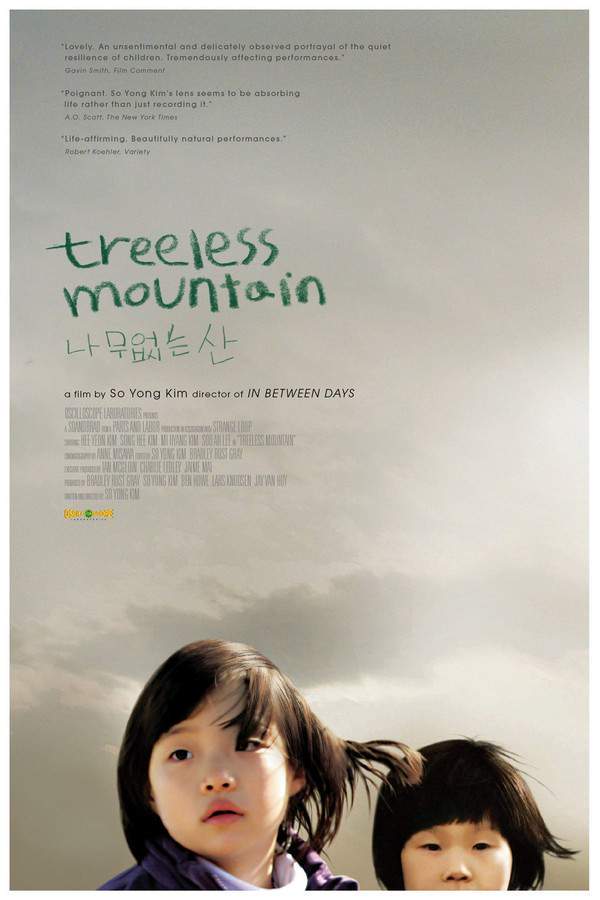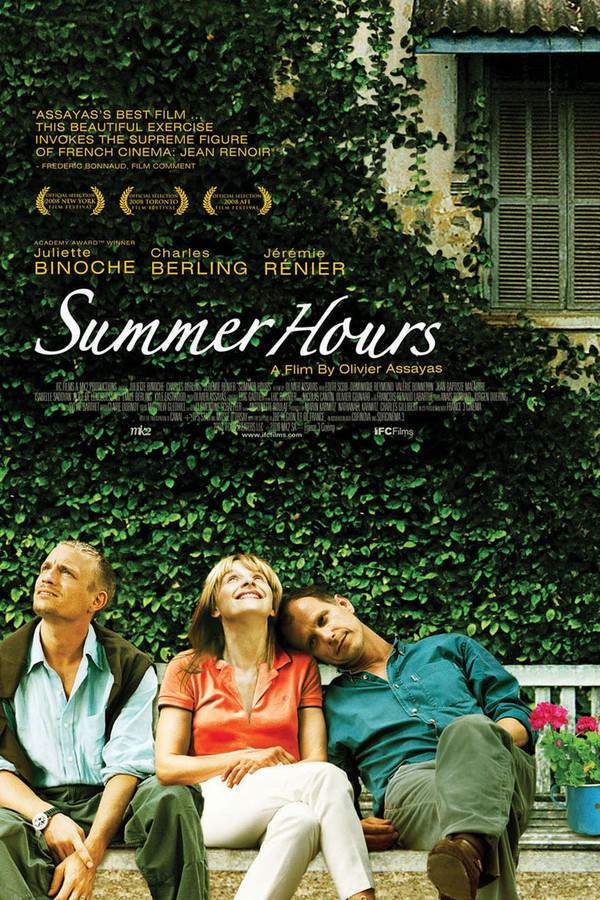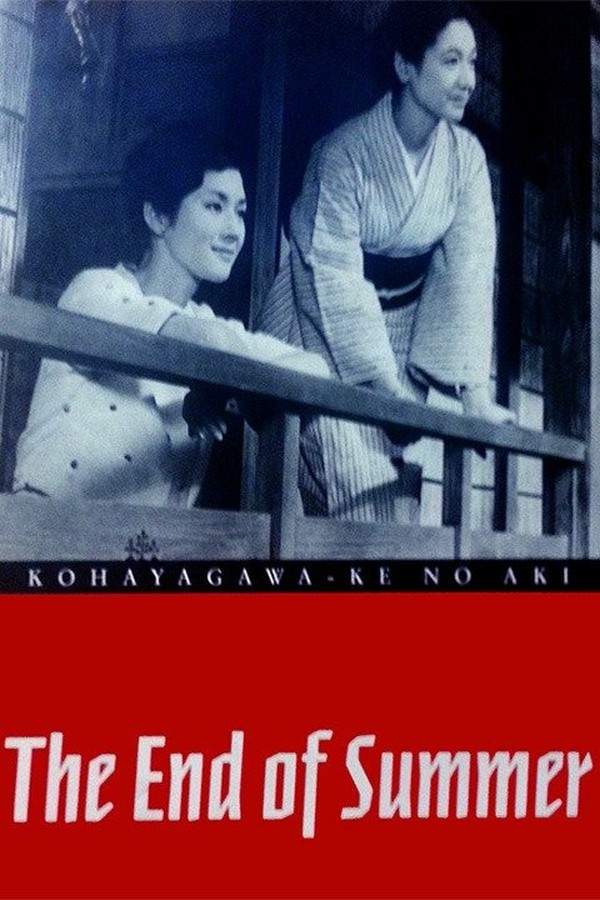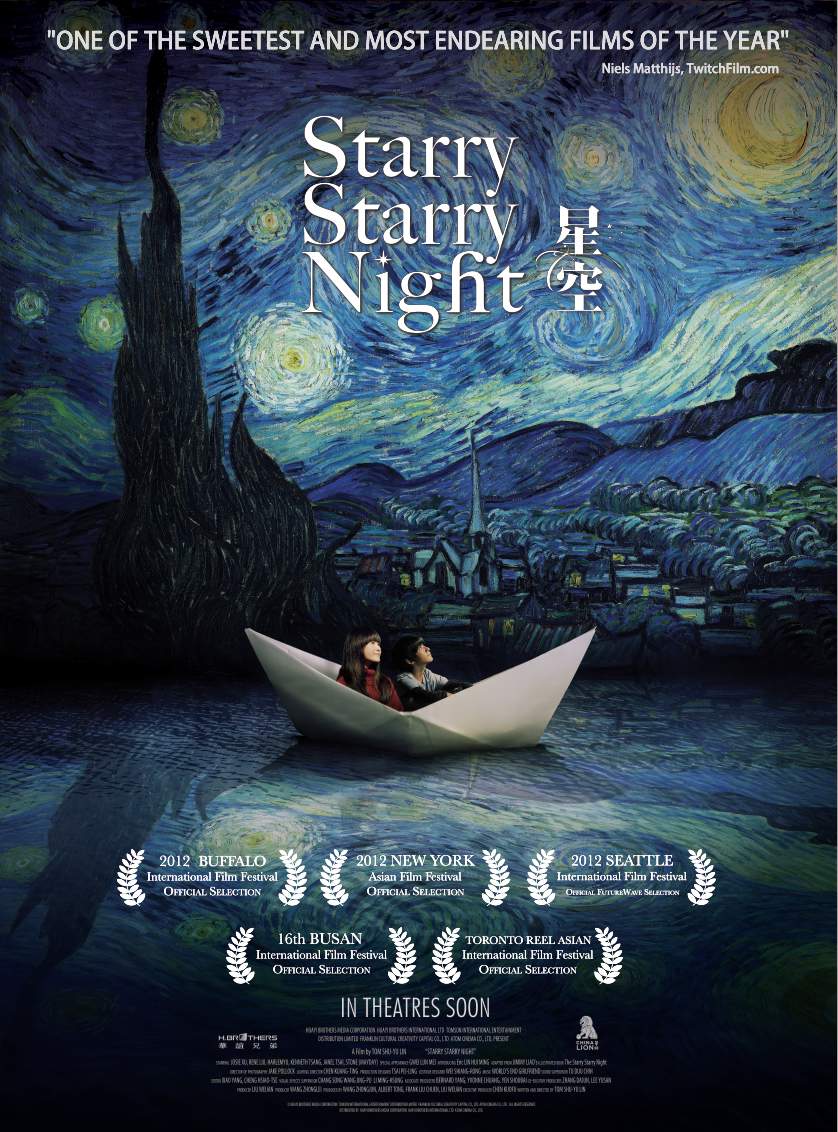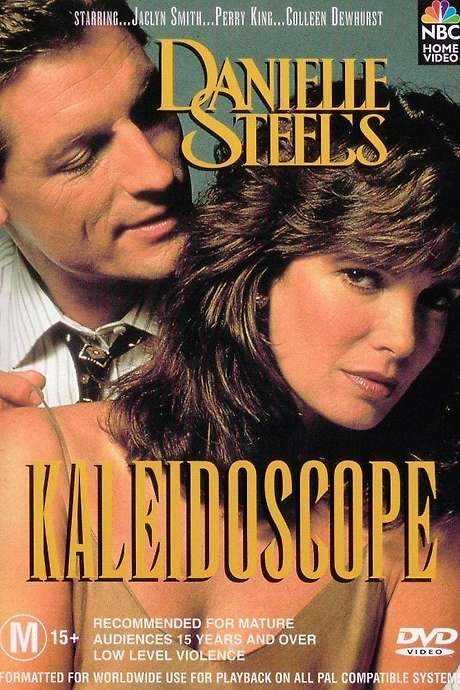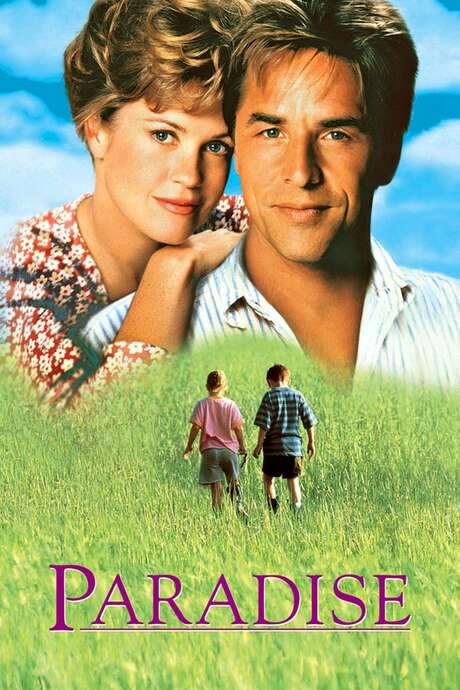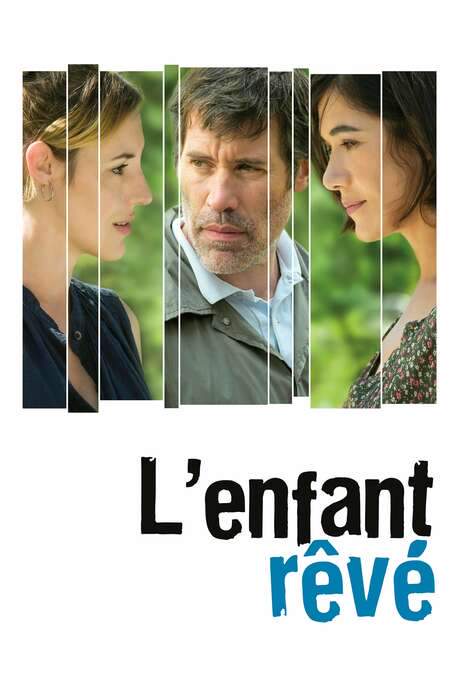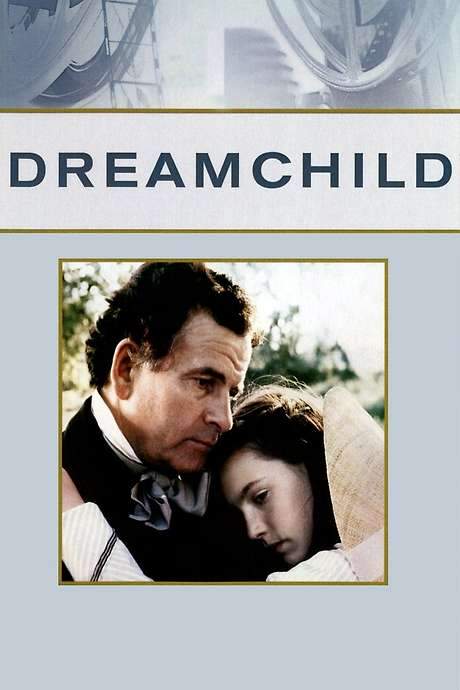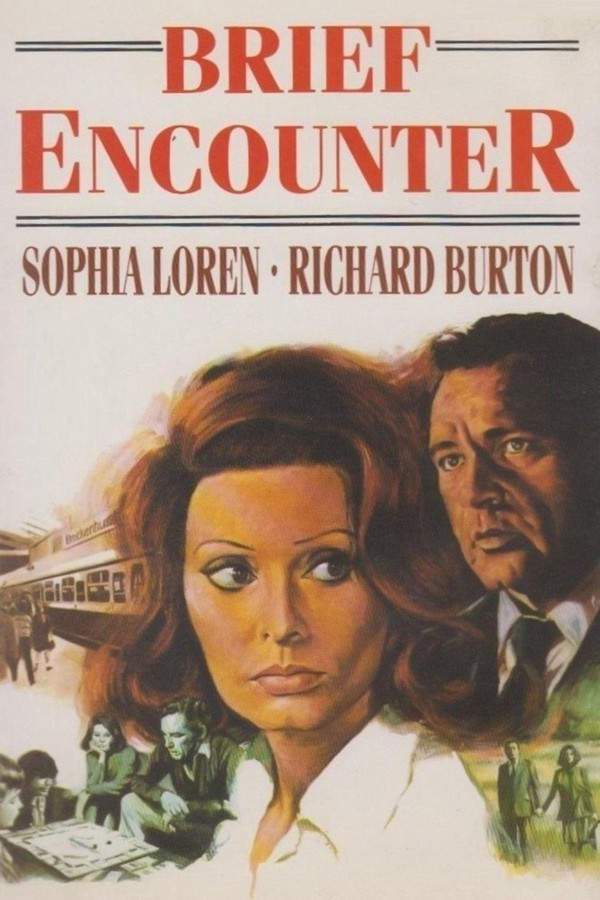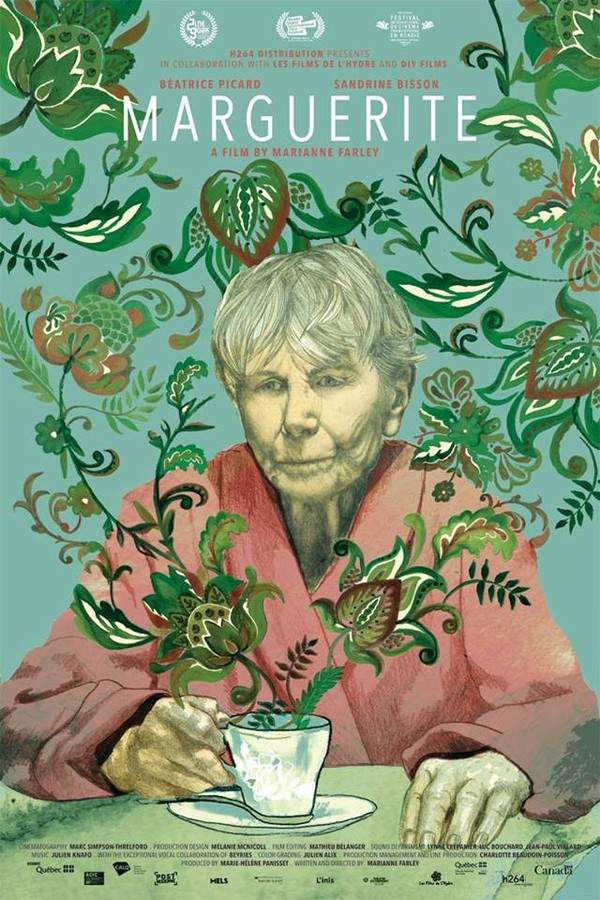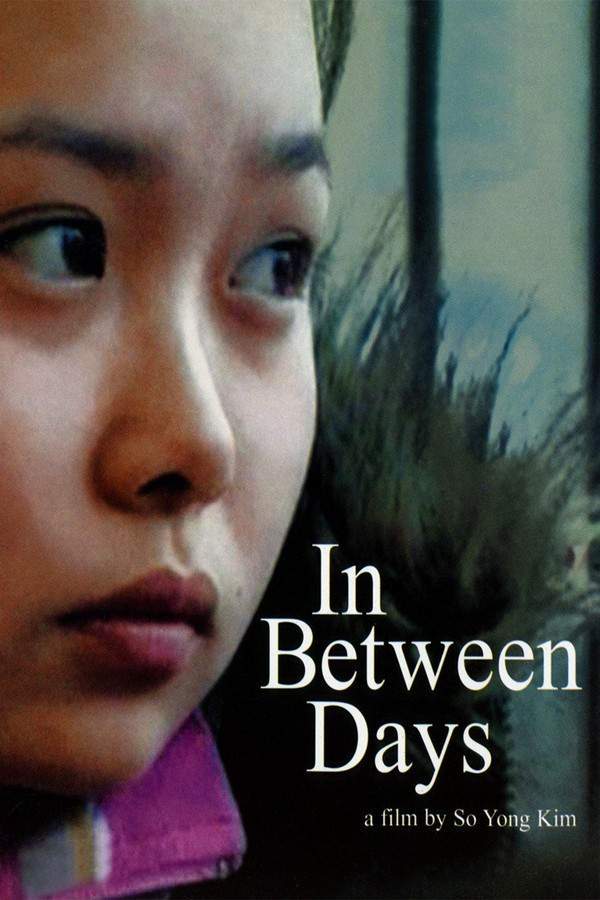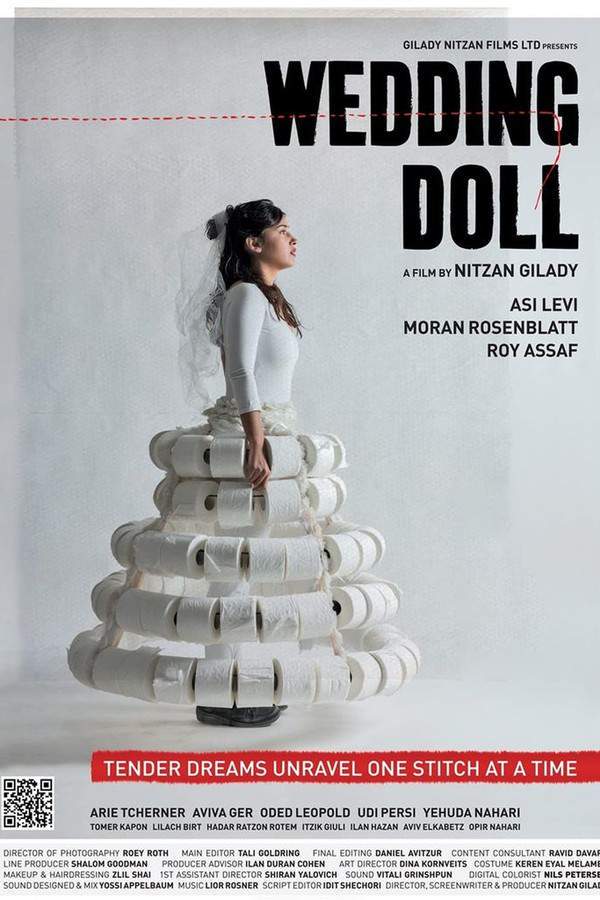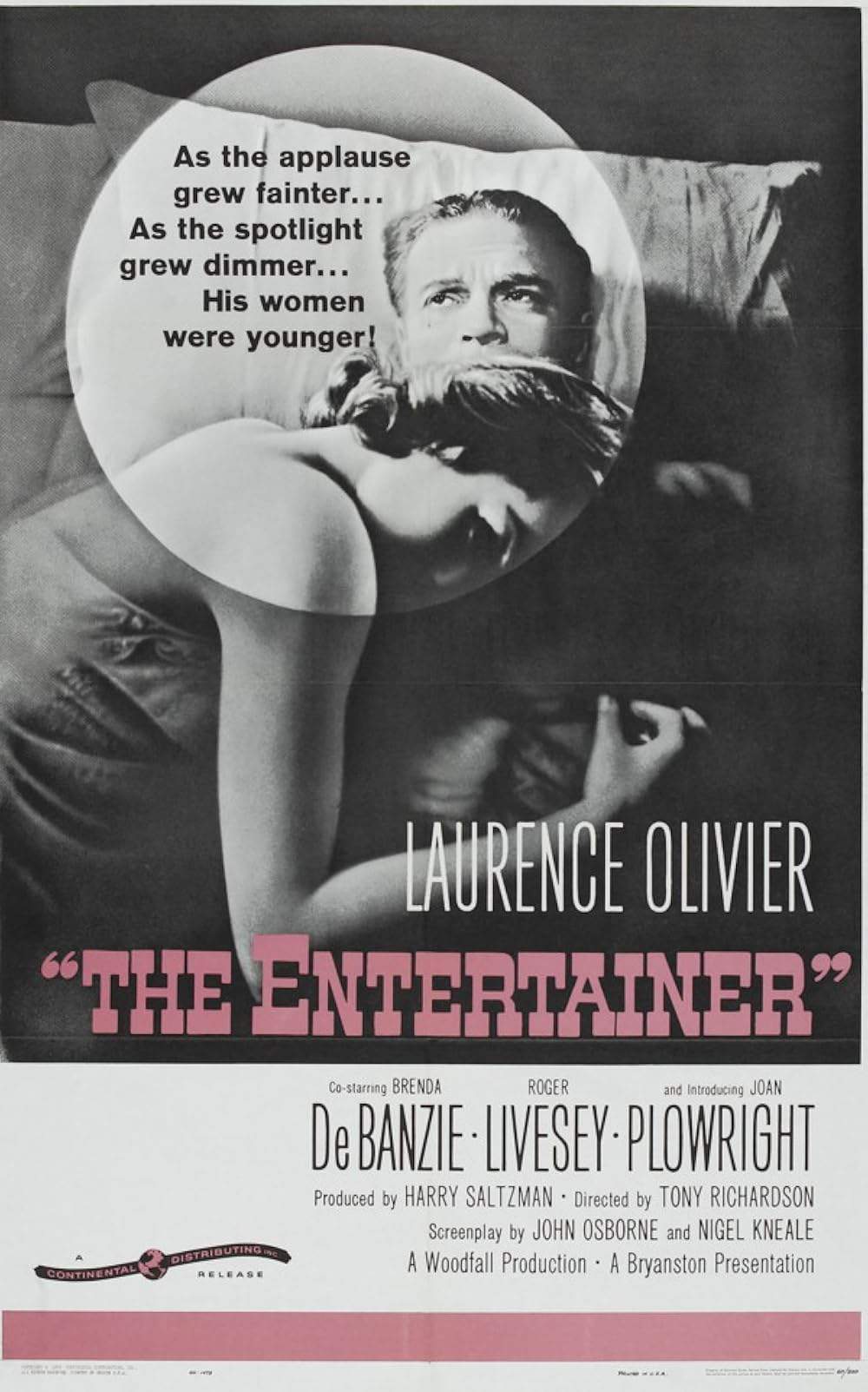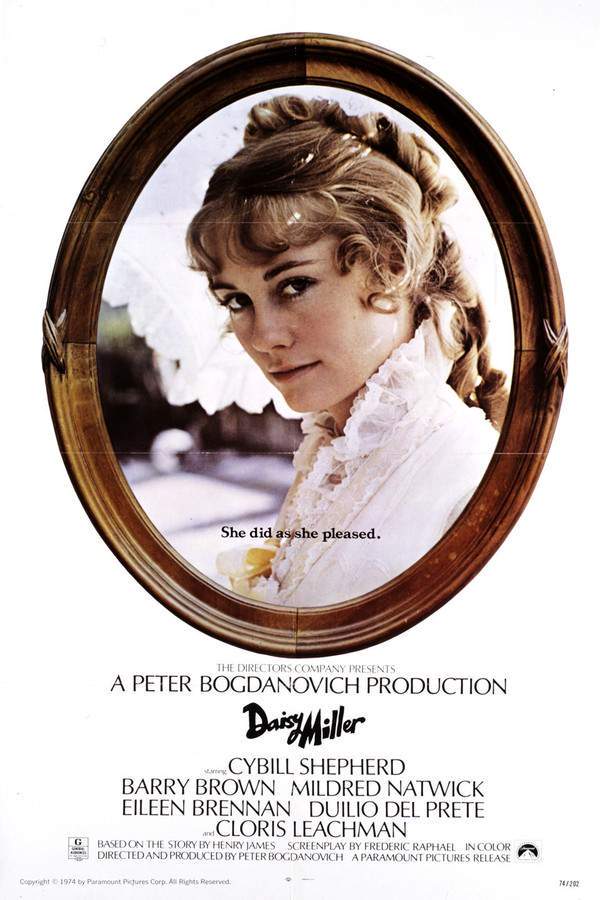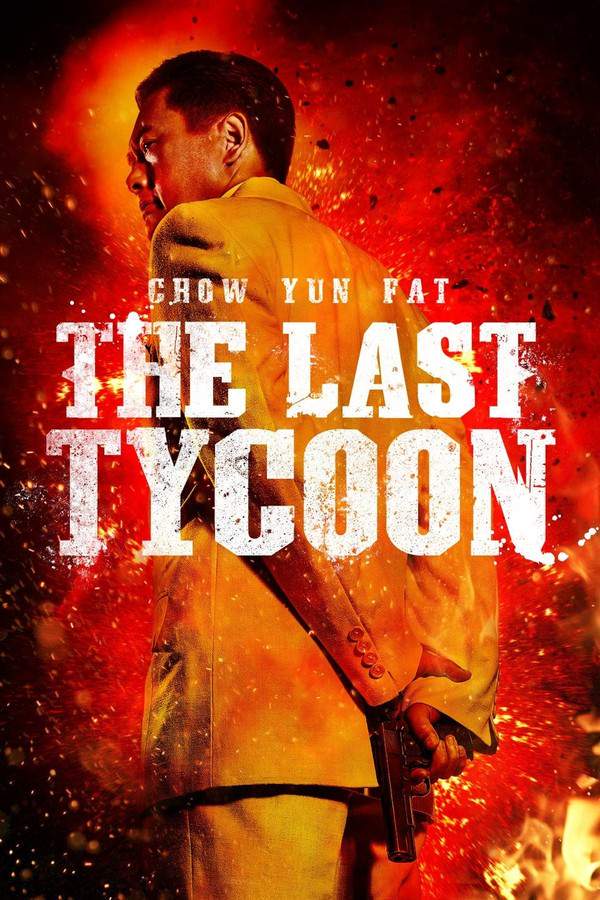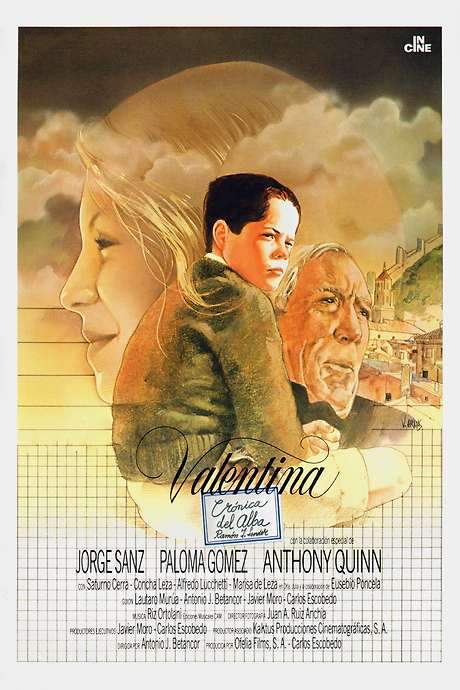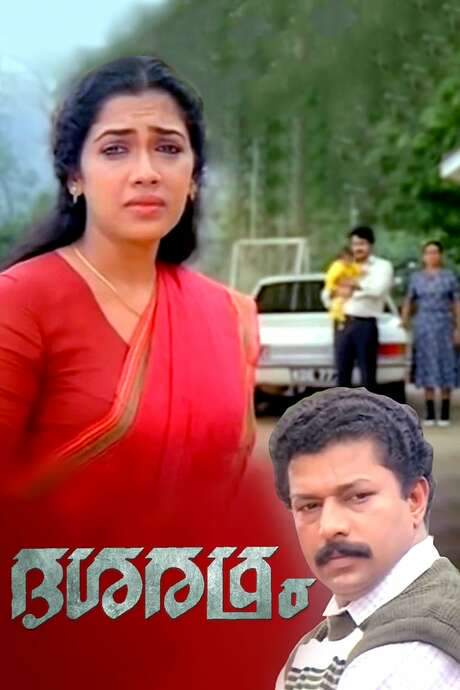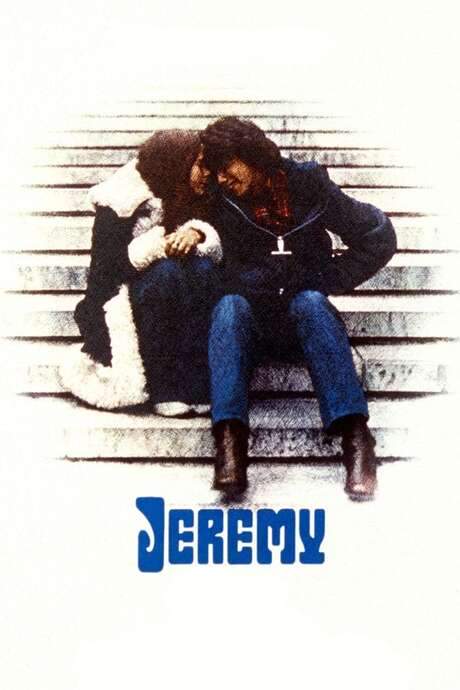
Lies My Father Told Me
Year: 1975
Runtime: 102 mins
Language: English
Director: Ján Kadár
No one ever said it was easy being a child. A Jewish boy grows up in 1920s Montreal with a grandfather who tells stories and a father who won’t work.
Warning: spoilers below!
Haven’t seen Lies My Father Told Me yet? This summary contains major spoilers. Bookmark the page, watch the movie, and come back for the full breakdown. If you're ready, scroll on and relive the story!
Lies My Father Told Me (1975) – Full Plot Summary & Ending Explained
Read the complete plot breakdown of Lies My Father Told Me (1975), including all key story events, major twists, and the ending explained in detail. Discover what really happened—and what it all means.
David [Jeff Lynas] is a six-year-old boy living in a Jewish ghetto of Montreal in the 1920s. He shares a close, if fragile, world with his parents Harry Len Birman and Annie Marilyn Lightstone, and with his grandfather Zaida Yossi Yadin, a rag-and-bone man who hauls his horse Ferdeleh and a weathered wagon through crowded streets. Zaida is a scholar in his own right, still reading the Talmud and treating it as the only book he has ever read. David adores the Sundays when he can ride with Zaida, savoring the companionship of the old man and the steady glide of the horse, even as the hum of neighbors and their complaints about the smell drift through the air. Zaida’s soft humor anchors the family’s world, and his patient cadence stands in quiet contrast to the quicker, louder urgencies of adult life.
The daily life in the block often brushes up against the neighborly row of concerns, most notably Mrs. Tannenbaum [Barbara Chilcott], whose steps and house are a constant backdrop to Zaida’s stable. Zaida jokes about covering Mrs. Tannenbaum’s steps with horse excrement, a notion that delights David even as the adult world around him recoils. It’s a moment that crystallizes how a child processes both mischief and consequences, and how Zaida’s humor helps buoy a family that skims the edge of instability. Zaida’s friend Mr. Baumgarten [Ted Allan] embodies a different appetite for change—he embraces the ideas of Karl Marx and the end of social class injustice—yet Zaida responds with a patient, faith-filled hope for a different kind of justice, one that comes with the arrival of the Messiah rather than a radical upheaval alone.
The father, Harry, is not religious and devotes himself to an entrepreneurial dream. He designs a pair of trousers that he claims will be impossible to crease, and he turns to Zaida for a $500 investment, insisting the business already has many orders and promising to repay with interest within a month. When the trousers are demonstrated, the knees reveal bulges that spoil the pitch and undermine Zaida’s uncertainty about funding. The moment strains the family’s already precarious finances and triggers a harsh outburst from Harry, who condemns Zaida as a miser and not a “real Orthodox Jew,” even suggesting that Ferdeleh should be killed. David overhears these threats and feels a mix of shame and embarrassment for the family he loves, especially Zaida, whose dignity is challenged by his son’s anger. In a bid to console Zaida, David admits that his father sometimes tells “terrible lies.”
Looking for a sense of security and perhaps a fresh start, Harry takes David on a different outing and frames it as a chance to escape the ghetto. Instead of a calm day by the water, father and son end up at a gambling club, and the conversation turns toward leaving the familiar streets behind. The news that the trouser orders have fallen through compounds the family’s troubles, and the collapse of the venture drives Harry toward bankruptcy. With the business dream evaporating, the family’s plans to move are also canceled, a relief that David feels in his heart even as practical fears about the future gnaw at him. Around this time Annie gives birth to David’s baby brother, which stirs a complicated mix of wonder and jealousy in the young boy as he notices the baby’s effortless feedings in comparison to his own neglected position in the family balance.
In the wake of these upheavals, David’s disillusionment with the adults around him deepens. He acts on a stubborn impulse to make the world feel a little fairer by continuing Zaida’s long-standing habit of covering Mrs. Tannenbaum’s steps with horse excrement, a tiny act of rebellion that echoes his longing for justice, even if it’s misguided and childish. The police arrive to inspect Zaida’s stable, discovering that it violates bylaws by being too close to residences. Zaida is given 30 days to move, a verdict that sharpens his decline. He becomes gravely ill, and David is sent to his uncle in order to prevent the illness from spreading. When he returns, Harry delivers the painful news that Zaida and Ferdeleh have both died.
The shock of loss hangs heavy over the family, and David, distressed by the death of the grandfather who anchored his world, runs from home and imagines Zaida returning to greet him once more. The film closes on that haunting blend of memory and longing, a boy who has glimpsed a gentler, wiser presence in his grandfather and who must now navigate a future shaped by the absence of that steady, loving presence.
Last Updated: October 09, 2025 at 11:08
Explore Movie Threads
Discover curated groups of movies connected by mood, themes, and story style. Browse collections built around emotion, atmosphere, and narrative focus to easily find films that match what you feel like watching right now.
Nostalgic childhood memoirs like Lies My Father Told Me
Poignant stories of childhood seen through a wistful, reminiscent lens.If you liked the heartfelt, child's-eye view of life in Lies My Father Told Me, discover more movies like it. These similar drama films capture the poignant, bittersweet feeling of looking back on youth, family, and formative experiences.
Narrative Summary
Narratives in this thread are often linear recollections or memoirs, unfolding from a child's point of view. They focus on pivotal relationships—often with grandparents or parents—and explore themes of innocence, family conflict, and the first encounters with loss or disillusionment.
Why These Movies?
Movies are grouped here for their shared ability to evoke a specific, wistful feeling of childhood. They prioritize emotional authenticity over complex plotting and use a gentle pace to soak the viewer in the atmosphere of a remembered past.
Quiet intergenerational stories like Lies My Father Told Me
Gentle tales of deep connections between the young and the old.Find more movies like Lies My Father Told Me that explore the special bond between a child and a grandparent. These similar films feature gentle pacing, emotional depth, and a focus on how elder figures shape a young person's world.
Narrative Summary
The narrative pattern involves a central, nurturing relationship that provides stability and wisdom for a young protagonist, often contrasted with tensions from parents or the modern world. A key emotional beat is often the processing of grief or the enduring impact of this foundational bond after a loss.
Why These Movies?
These films share a core focus on the grandparent-child dynamic as the emotional heart of the story. They are united by a quiet, respectful tone, a slow pace that allows the relationship to breathe, and themes of legacy, tradition, and coping with mortality.
Unlock the Full Story of Lies My Father Told Me
Don't stop at just watching — explore Lies My Father Told Me in full detail. From the complete plot summary and scene-by-scene timeline to character breakdowns, thematic analysis, and a deep dive into the ending — every page helps you truly understand what Lies My Father Told Me is all about. Plus, discover what's next after the movie.
Lies My Father Told Me Timeline
Track the full timeline of Lies My Father Told Me with every major event arranged chronologically. Perfect for decoding non-linear storytelling, flashbacks, or parallel narratives with a clear scene-by-scene breakdown.

Characters, Settings & Themes in Lies My Father Told Me
Discover the characters, locations, and core themes that shape Lies My Father Told Me. Get insights into symbolic elements, setting significance, and deeper narrative meaning — ideal for thematic analysis and movie breakdowns.

Lies My Father Told Me Spoiler-Free Summary
Get a quick, spoiler-free overview of Lies My Father Told Me that covers the main plot points and key details without revealing any major twists or spoilers. Perfect for those who want to know what to expect before diving in.

More About Lies My Father Told Me
Visit What's After the Movie to explore more about Lies My Father Told Me: box office results, cast and crew info, production details, post-credit scenes, and external links — all in one place for movie fans and researchers.


